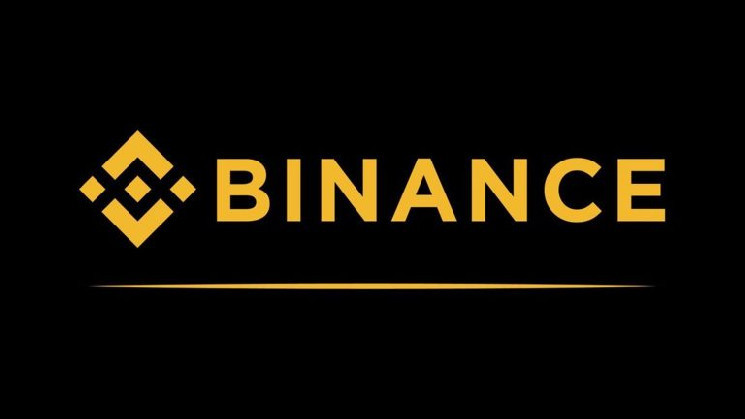Binance has completed its 17th Proof of Reserves audit and announced that the exchange’s assets are more than 100% secure. The new report shows that Binance uses zero-knowledge methods to prove that user balances exist in customer wallets. So what does the report say and what does it mean for the future of Binance and the cryptocurrency industry?
Binance‘s 17th proof-of-reserve report shows significant increases in user holdings. $BTC holdings increased by 1.08% to 6,099 $BTC, ETH holdings increased by 11.64% to over 4.44 million, and USDT holdings increased by 8.36% to 21.1 billion. Moreover, users’ $BNB asset deposits increased by 19.25% to 6.34 million $BNB. Binance’s total reserve assets rose to 117.1 billion, with a net inflow of 3.9 billion from the previous month.
Proof of Reserves (PoR) are assets held by the exchange for users. This means that Binance has funds and some reserves that cover all user assets at a 1:1 ratio. When a user deposits Bitcoin, Binance’s reserves increase by at least one Bitcoin, thus guaranteeing that customer funds are fully backed. However, this does not cover the exchange’s institutional holdings.
According to Binance, holding all user assets (and some reserves) at a 1:1 ratio means that there is no debt in the capital structure and there is a contingency fund (SAFU fund) for extraordinary situations.
Finally, Binance’s 17th Proof of Reserves report shows that assets are more than 100% safe. This report proves that the exchange has enough crypto assets to cover all customer withdrawals in case of emergency.
